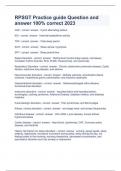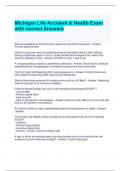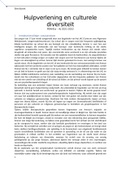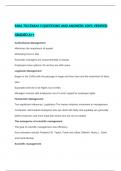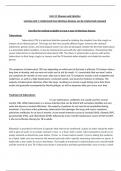Exam (elaborations)
Biopsychology, 11th Edition: Comprehensive Test Bank (Pinel, Barnes)
- Course
- Institution
Test Bank for Biopsychology, 11th Edition / Biopsychology , Eleventh Edition Test Bank / Test Bank Biopsychology , 11th Edition / John P.J. Pinel, Steven J. Barnes, 9780137588596, Test Bank For Biopsychology.
[Show more]






